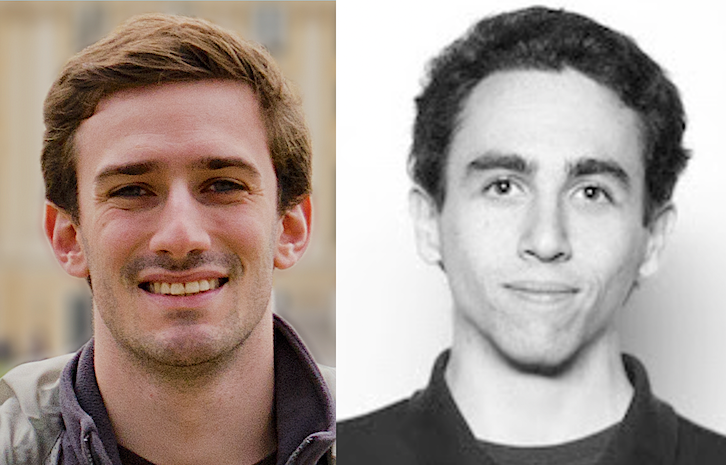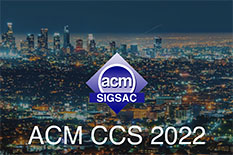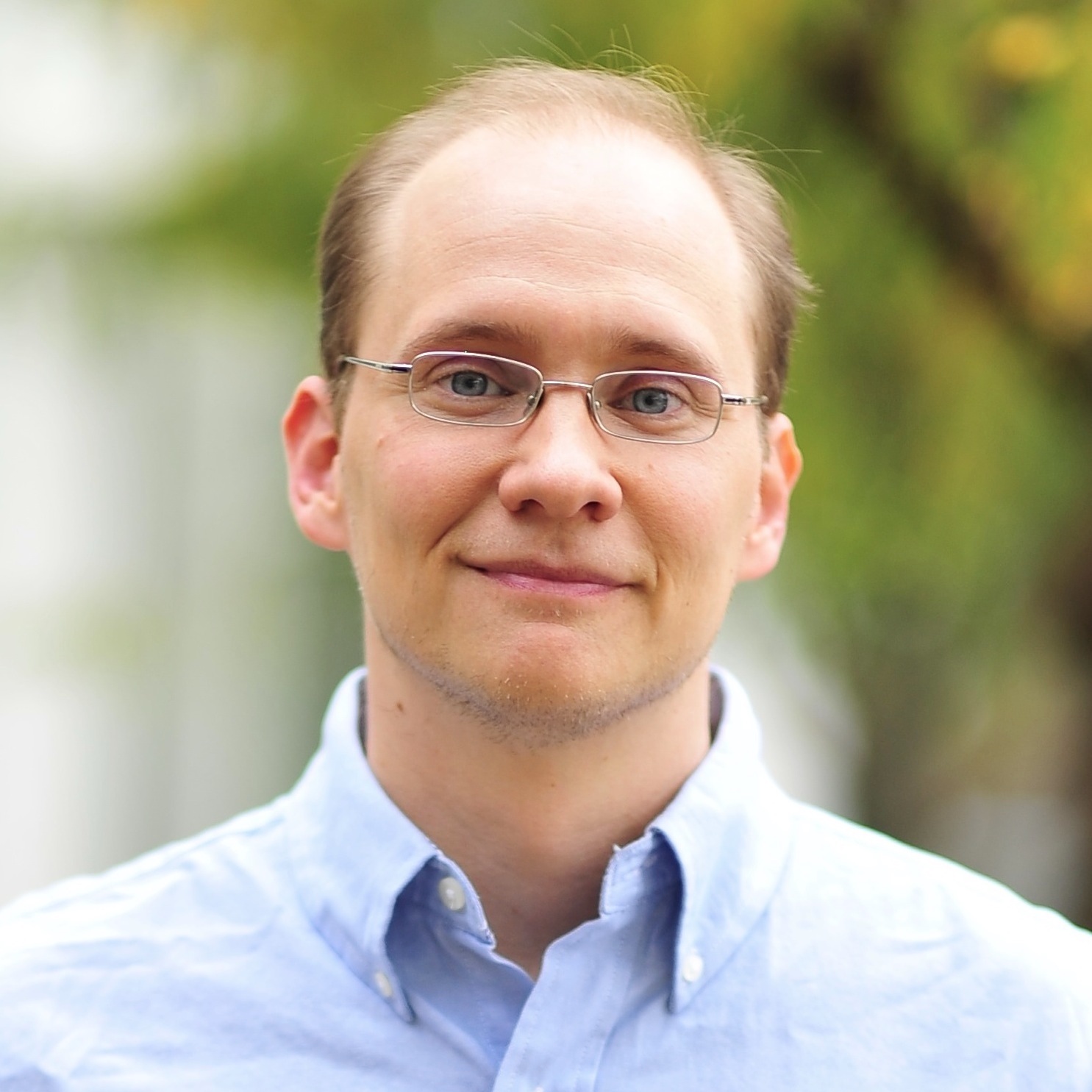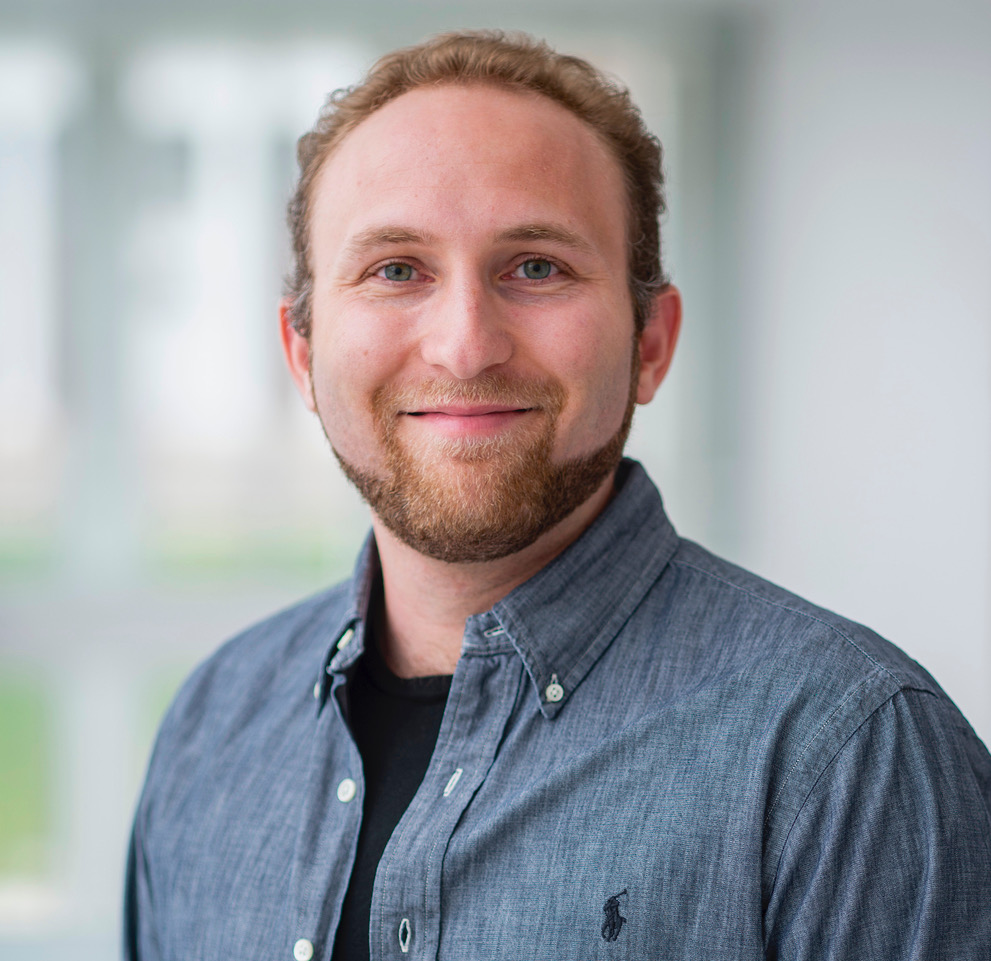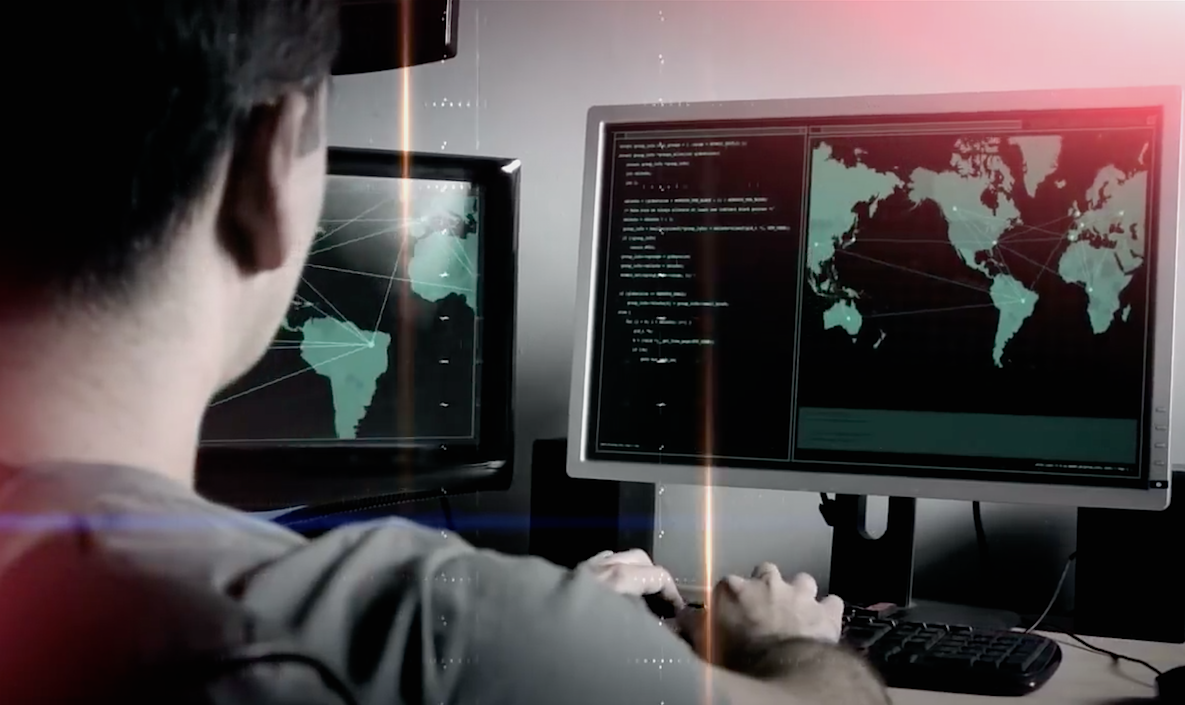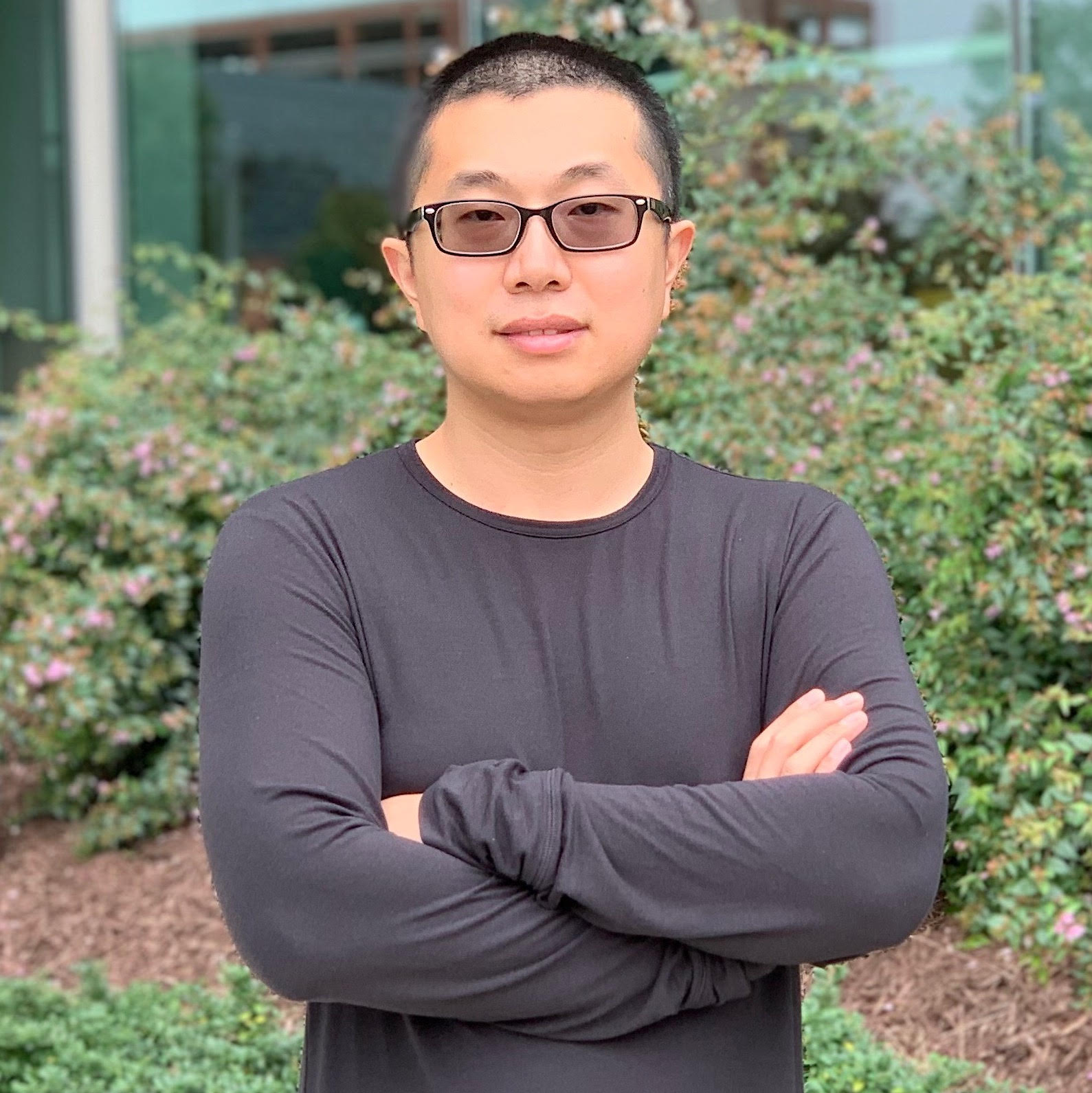News Story
Graduating Students and Postdocs Affiliated with MC2 Accept Positions in Academia and Industry
Published July 20, 2020
A group of graduating doctoral students and postdoctoral researchers affiliated with the Maryland Cybersecurity Center (MC2) have recently accepted prestigious positions in academia and the private sector.
Charalampos (Babis) Papamanthou, an associate professor of electrical and computer engineering and the director of MC2, says he’s excited to see the postdocs and graduating students move on to the next stage of their careers.
“Their being hired by top universities or exceptional companies is a testament to their creativity, hard work and ambition, as well as to the excellence of our faculty in MC2 that provide support and mentorship,” Papamanthou says. “I’m hoping their success will serve as an inspiration for our current students, and I’m looking forward to their future achievements.”
The graduating students and postdocs are:
• Ioannis Demertzis, who will graduate with a doctorate in electrical and computer engineering this month and then spend a year as a postdoc at UC Berkeley before starting as an assistant professor at UC Santa Cruz in Fall 2021.
Demertzis, who is advised by Papamanthou, focuses his research on secure databases and applied cryptography.
• Doowon Kim, whose research interests include data-driven security and usable security, received his doctorate in computer science in May and will be starting as an assistant professor at the University of Tennessee, Knoxville this fall.
Kim says he valued his time at MC2, particularly working with his adviser, Tudor Dumitraș, an associate professor of electrical and computer engineering.
“Tudor was very accessible—whenever I encountered roadblocks, I was able to swing by his office and ask for help,” Kim says.
• Leonidas Lampropoulos, whose research interests span programming languages, random testing, and formal verification, started as an assistant professor at the University of Maryland on July 1.
He joins UMD after completing a joint postdoctoral fellowship between the University of Pennsylvania and MC2, where he worked closely with Michael Hicks, a professor of computer science.
• Matt Lentz received his doctorate in computer science in June and will join VMware Research for a year before starting at Duke University in Fall 2021 as an assistant professor.
Lentz, who was advised by Bobby Bhattacharjee, a professor of computer science, is involved with research at the intersection of systems, networking and security.
• James Parker will graduate with a doctorate in computer science in August before starting this fall at Galois Inc., which specializes in the research and development of new technologies that solve the most difficult problems in computer science.
Parker, whose research focuses on applying programming language techniques and formal methods toward increasing the reliability and security of software systems, is advised by Hicks.
• Robert Rand, who was a Basili Postdoctoral Fellow at UMD working closely with Hicks, starts this fall as an assistant professor at the University of Chicago.
Rand’s research lies at the intersection of security and quantum information science, and he was part of a $4.5M research project funded by the Department of Energy that joined researchers in MC2 with faculty and postdocs in the Joint Center for Quantum Information and Computer Science.
Rand says Hicks helped him become a better researcher.
“I think it’s Mike’s laser-like focus on outcomes that makes him a great researcher and asset to both UMD and the programming languages community,” he says. “Whenever we considered a new research direction, he would ask whether it was the best use of our skills and if it advanced our core goals: To make quantum programs easy to understand, to write, and to get right.”
• Daniel Votipka will graduate with a doctorate in computer science in December and will start as an assistant professor at Tufts University in January 2021.
Votipka’s research focuses on computer security, with an emphasis on the human factors affecting security professionals.
He says he is grateful to his MC2 adviser Michelle Mazurek, an associate professor of computer science, for her support and guidance.
“Michelle has given me several chances to lead my own research, mentor younger students, and teach,” Votipka says. “These opportunities, and all the thoughtful mentorship along the way, have prepared me to lead my own lab and hopefully pass along the lessons I learned to my future students.”
—Story by Melissa Brachfeld
